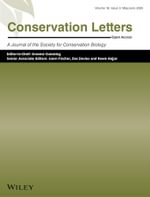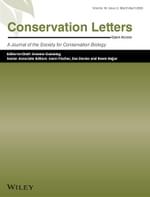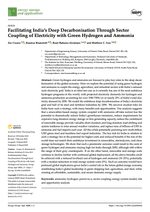Nature Sustainability
Sadler, A., Ranger, N., Fankhauser, S. et al. The impact of COVID-19 fiscal spending on climate change adaptation and resilience. Nat Sustain (2024). https://doi.org/10.1038/s41893-024-01269-y
View Journal Article / Working PaperGovernment expenditure and taxation have a significant influence on the long-term adaptation and resilience of societies to climate and other environmental shocks. Unprecedented fiscal spending in the COVID-19 recovery offered an opportunity to systematically enhance adaptation and resilience to future shocks. But did the ‘build back better’ rhetoric manifest in more resilient policy? We develop a dedicated fiscal policy taxonomy for climate change adaptation and resilience (A&R)—the Climate Resilience and Adaptation Financing Taxonomy (CRAFT)—and apply this to analyse ~8,000 government policies across 88 countries. We find that US$279–334 billion (9.7–11.1%) of economic recovery spending potentially had direct A&R benefits. This positive spending is substantial in absolute terms but falls well below adaptation needs. Moreover, a notable portion (27.6–28%) of recovery spending may have had negative impacts on A&R, acting to lock in non-resilient infrastructure. We add a deep learning algorithm to consider A&R themes in associated COVID-19 policy documents. Compared with climate mitigation, A&R received only one-third of the spending and was mentioned only one-seventh as frequently in policy documents. These results suggest that the COVID-19 fiscal response missed many opportunities to advance climate A&R. We draw conclusions for how to better align fiscal policy with A&R.




